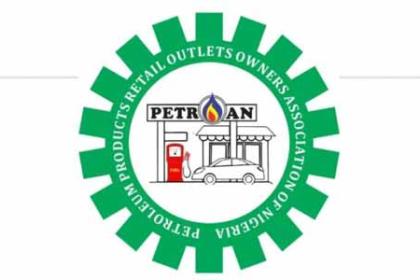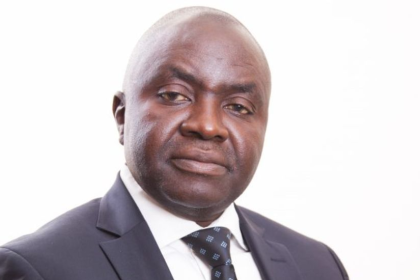The Nigerian Upstream Petroleum Regulatory Commission (NUPRC) has said that 43 Field Development Plans (FDPs) approved this year have the potential to unlock 1.7 billion barrels of crude oil and 7.7 trillion cubic feet of gas.
The Commission’s Chief Executive, Engineer Gbenga Komolafe, disclosed this during the 43rd Annual International Conference and Exhibition of the Nigerian Association of Petroleum Explorationists (NAPE) in Lagos. He said the approvals mark a new phase of investment and productivity in Nigeria’s upstream oil and gas sector.
“In 2025 alone, 43 new Field Development Plans (FDPs) were approved, unlocking 1.7 billion barrels of oil and 7.7 trillion cubic feet of gas, backed by over $20 billion in committed capital,” Komolafe said.
Represented by NUPRC’s Director of Subsurface Development, Emmanuel Mac-Jaja, he listed key Final Investment Decisions, including $5 billion for Bonga North, $500 million for Ubeta Gas, and $2 billion for Shell’s HI Gas Project, together unlocking nearly 2 trillion standard cubic feet of gas. He added that indigenous participation has deepened, with local acquisitions exceeding $5 billion, showing increased confidence in Nigerian investors.
Komolafe noted that Nigeria stands at a critical point in the global energy transition. “While the global shift toward renewables is gaining momentum, oil and gas will remain indispensable for decades to come, particularly in developing economies where energy access remains a critical challenge,” he said.
He outlined ongoing reforms aimed at repositioning the sector, including the upgrade of the National Data Repository to de-risk exploration and continuous acreage licensing to attract global investors. Other initiatives include Project One Million Barrels to boost daily production through rig reactivation and frontier basin exploration under the Petroleum Industry Act.
The NUPRC boss highlighted that rig activity in Nigeria has grown from eight in 2021 to over 40 today, underscoring renewed investor confidence. He also emphasised environmental accountability through gas flare commercialisation, the Presidential CNG Initiative, and the Upstream Decarbonisation Framework, which integrates methane monitoring and carbon capture.
Komolafe said these reforms will help Nigeria become a global energy hub, ensuring economic growth, energy security, and sustainability.







